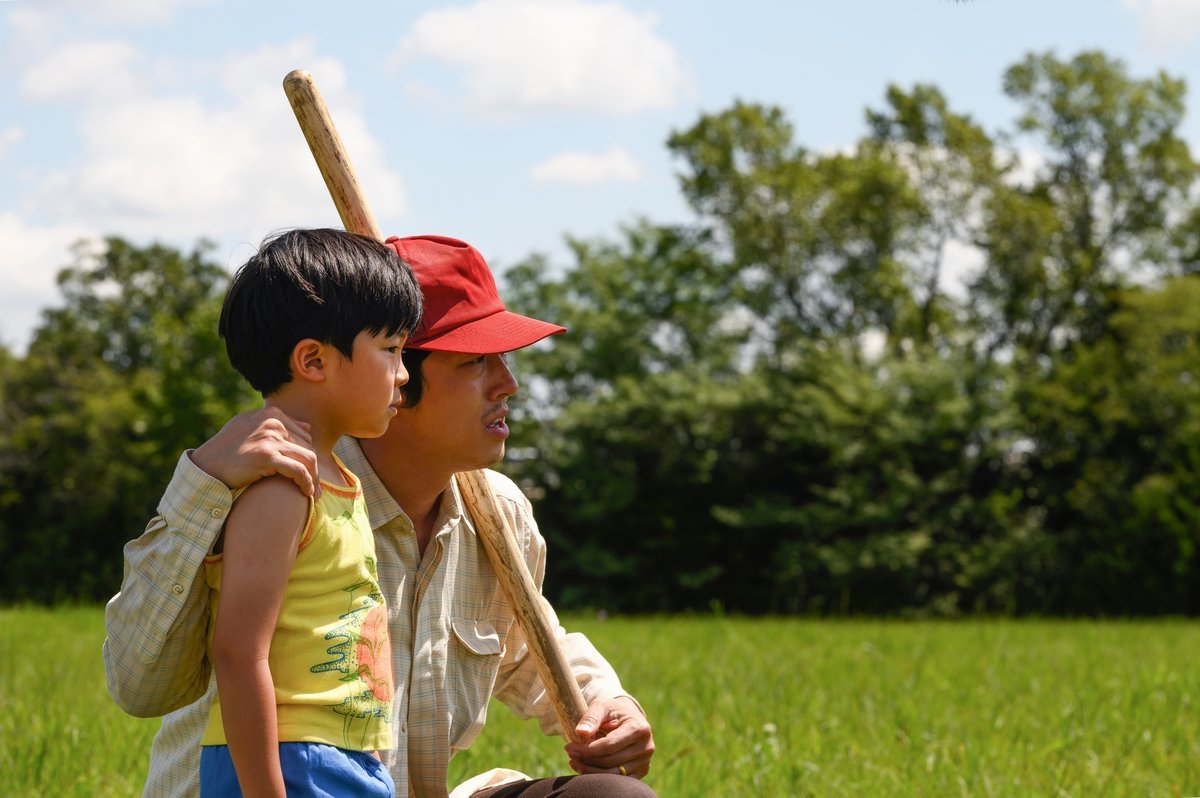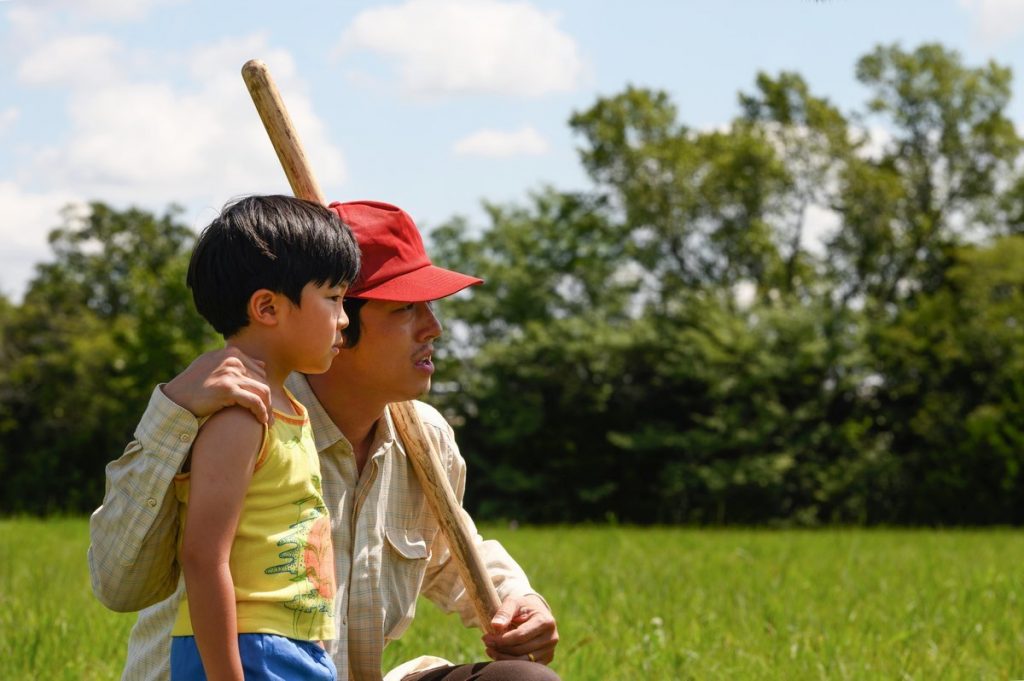

Subdued, modest in ambition, and quietly tragic, Minari (available to rent from your preferred streaming service) tells the story of a Korean family who immigrates to Alabama in pursuit of the American dream.
Winner of this year’s Golden Globe for best foreign language picture and currently charting at 98 per cent on Rotten Tomatoes, the film would seem to have something going for it – although it is not clear to me exactly what.
The lead performances are strong, if understated. Steven Yeun (whom many viewers will recognize from The Walking Dead) plays Jacob, a frustrated husband and father who is determined to run a successful farm no matter the cost. Yeri Han is Monica, the wife dragged behind the dream with increasingly adamant protests.
Jacob grows vegetables. He and Monica separate male and female chicks at a local poultry facility. Back at their house on wheels, their children toss in some cuteness and Nicole’s mother Soonja (Yuh-jung Youn) adds some humorously foul-mouthed colour to the intimate family portrait.
Overall, this is a quiet domestic drama where not a lot happens beyond work, church, and alternatingly tense and tender moments at home.
Such assuming simplicity is perhaps why many like it.
For me, though, the story does not do much more than depict two unhappy people who are seeking salvation through economic advancement only to find, surprise surprise, they don’t find it.
Is this really the year’s best non-English speaking work?
Perhaps one of the dynamics at play in the awards-attention lavished on Minari is an on-the-nose counterpoint to more mainstream American cinematic fare. Stereotypically the reserve of less sanguine, CG-explosive treatments of the human condition, the “foreign-ness” of foreign language films perhaps provides just enough critical distance for North American audiences to consider ourselves and our assumptions in a less flattering light.
There is, indeed, some facticity to failing marriages, dissatisfying jobs, and dreams that are doomed from the outset, no doubt about it.
Are these the truths that I, at least, want and need to be reminded of, which make all the breathing and breeding and bumbling about I see out there in the world seem worth the work and the worry and the whiling away another two hours staring at a screen? This I do doubt.
Other viewers will probably remark on the melancholic beauty of the movie and commend its vision of individuals ultimately uniting around shared vulnerabilities, wrongheaded efforts, and life-altering failures.
But again, admitting that there is some truth to all of this – we all do fail sometimes and need forgiveness – I think our failures are not ultimately what unite us into families and propel us hopefully into the future.
To put it another way, our failures are not (as the film would seem to suggest) essential precursors to love. The more fundamental fact, I believe, is really the other way around: it is only a love that comes before and persists through failure that makes it endurable and even, in the end, even irrelevant.
Some may say this is precisely the point of the film – that sometimes it takes losing everything to discover what (or rather whom) you still have, and had all along.
If this is the point, I certainly agree.
But I do not sympathize very deeply with the tragic, wistful tone that in this film seems to be love’s essential character.
Love is something much stronger and heartier, more profound and powerfully regenerative than we find much evidence of in Minari – but to discover this love one must dig deeper than merely scratching the surface of existence in a single-minded pursuit of material success.
The film may do well to chronicle some of the struggles of immigrants in the purely terrestrial sense, therefore, but left this reviewer, at least, unsatisfied for missing the deeper sense in which we are all immigrants, strangers in a strange land who really cannot find happiness in this world apart from the joy imported from our true homeland.
